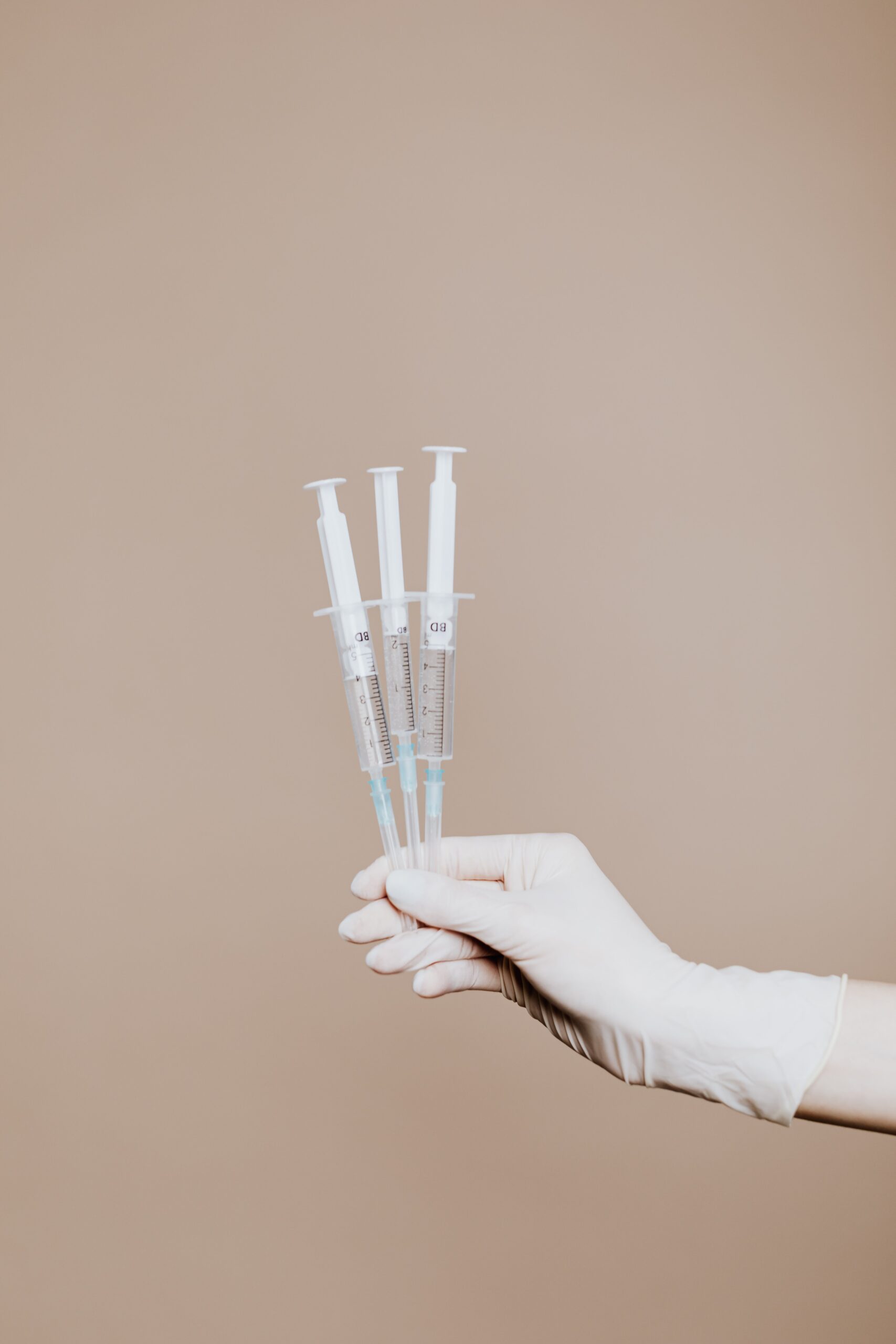Is the use of steroids legal in Trinidad and Tobago?
In Trinidad and Tobago, the use of steroids is considered illegal without a prescription from a medical practitioner. Anabolic steroids, which are synthetic variations of the male sex hormone testosterone, are often used to enhance muscle growth and athletic performance. They are classified as controlled substances under the Dangerous Drugs Act, and their possession, sale, and distribution are subject to legal penalties.
What is the legal status of human growth hormone (HGH) in Trinidad and Tobago?
Human growth hormone (HGH) is also considered a controlled substance in Trinidad and Tobago. It is illegal to possess, sell, or distribute HGH without a valid prescription from a licensed medical practitioner. HGH is often used in conjunction with anabolic steroids to further enhance muscle growth and athletic performance, but its use carries significant health risks and legal consequences.
Is Testosterone legal in Trinidad and Tobago?
Testosterone, like other anabolic steroids, is legal in Trinidad and Tobago only when prescribed by a licensed medical practitioner for legitimate medical purposes. It is illegal to possess, sell, or distribute testosterone without a valid prescription. Testosterone replacement therapy is a common treatment for low testosterone levels in men, but using it for non-medical purposes, such as enhancing athletic performance or bodybuilding, is prohibited by law.
What are the laws, penalties, and law enforcement strategies regarding steroids in Trinidad and Tobago?
In Trinidad and Tobago, the laws surrounding steroids and other controlled substances are outlined in the Dangerous Drugs Act. Penalties for the illegal possession, sale, or distribution of steroids can include fines and imprisonment. Law enforcement strategies include routine inspections of pharmacies, gyms, and other establishments where steroids may be sold or used, as well as investigations into suspected cases of illegal steroid use and distribution.
Which steroids are the most popular in Trinidad and Tobago?
While it is difficult to determine the exact prevalence of specific steroids in Trinidad and Tobago, some commonly used anabolic steroids worldwide include:
- Dianabol
- Anadrol
- Deca Durabolin
- Trenbolone
- Winstrol
These steroids are popular for their ability to enhance muscle growth, strength, and athletic performance. However, their use carries significant health risks and legal consequences in Trinidad and Tobago.
What is the status of performance-enhancing drugs in Trinidad and Tobago?
Performance-enhancing drugs, including anabolic steroids and HGH, are subject to strict regulation and legal penalties in Trinidad and Tobago. Athletes found using these substances may face disciplinary action from sports governing bodies, as well as potential criminal charges under the Dangerous Drugs Act. Trinidad and Tobago’s National Anti-Doping Organization is responsible for overseeing the implementation of anti-doping policies and procedures in the country.
Are medical steroids legally available in Trinidad and Tobago?
Medical steroids, such as corticosteroids, are legally available in Trinidad and Tobago with a valid prescription from a licensed medical practitioner. These medications are used to treat a variety of medical conditions, such as asthma, arthritis, and autoimmune disorders. However, they are distinct from anabolic steroids and should not be used for non-medical purposes, such as enhancing athletic performance or bodybuilding.
What government laws and online resources are available about steroids in Trinidad and Tobago?
Information about the laws and regulations surrounding steroids in Trinidad and Tobago can be found in the Dangerous Drugs Act and the Pharmacy Board of Trinidad and Tobago’s website. The Trinidad and Tobago Olympic Committee and the National Anti-Doping Organization also provide resources and guidance on anti-doping policies and procedures in the country. Additionally, the World Anti-Doping Agency’s website offers comprehensive information on global anti-doping regulations and guidelines.
What is the legality of SARMS in Trinidad and Tobago
In Trinidad and Tobago, the legal status of Selective Androgen Receptor Modulators (SARMS) is complex. According to the country’s laws, the sale and use of SARMS is not explicitly banned. However, these substances are not approved for human consumption by any recognized health authority worldwide, including the World Anti-Doping Agency (WADA), which places them on their list of prohibited substances. Athletes who are caught using these substances may face severe penalties, including disqualification from competitions and potential bans from their sport. As for non-athletes, the use of SARMS can potentially lead to health issues.
| SARM | Legal Status in Trinidad and Tobago |
|---|---|
| LGD-4033 | Not explicitly banned, but not approved for human consumption |
| GW-501516 | Not explicitly banned, but not approved for human consumption |
| SR9009 | Not explicitly banned, but not approved for human consumption |
Are peptide hormones legal in Trinidad and Tobago
The legality of peptide hormones in Trinidad and Tobago is also a grey area. The use of these substances is not specifically banned under the country’s laws, but they are also not approved for human consumption by any recognized health authority. Athletes who use these substances may face penalties similar to those for the use of SARMS. It’s also worth noting that the use of these substances can lead to serious health issues.
- Insulin-like growth factor (IGF-1): Not explicitly banned, but not approved for human consumption
- Human growth hormone (HGH): Not explicitly banned, but not approved for human consumption
- Erythropoietin (EPO): Not explicitly banned, but not approved for human consumption
If you are looking to increase testosterone, libido, better mood, and overall improve your men's health, here is the best place to Buy enclomiphene citrate online! Lab tested Enclomiphene citrate 25mg capsules.

I am an avid backpacking enthusiast who is looking forward to my next adventure to Trinidad and Tobago. I am curious to know the legality of steroids in the country. Are they a controlled substance, illicit, illegal, or unregulated? Additionally, what are the ramifications for possession and/or consumption of steroids while in Trinidad and Tobago?